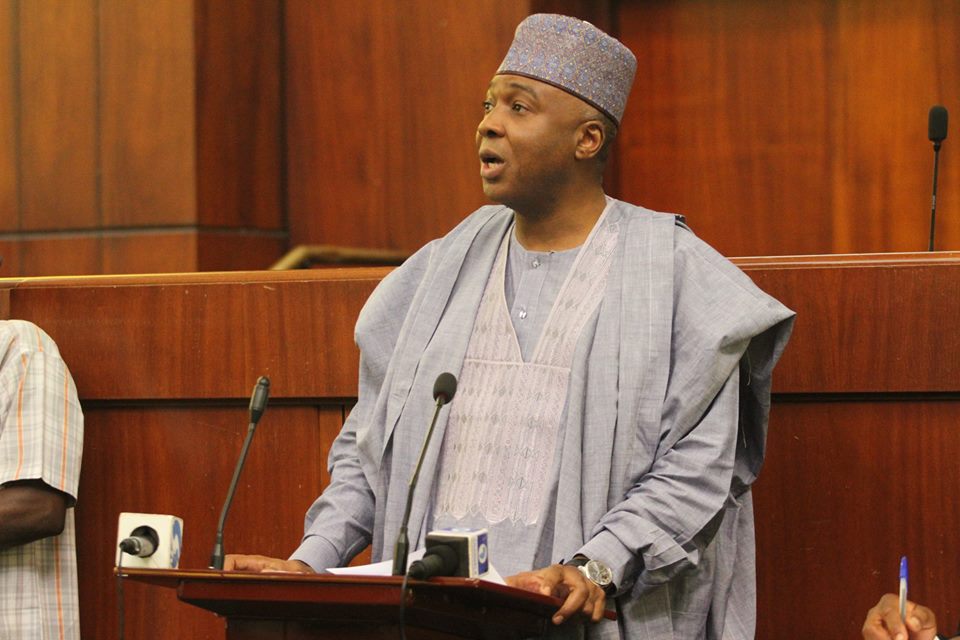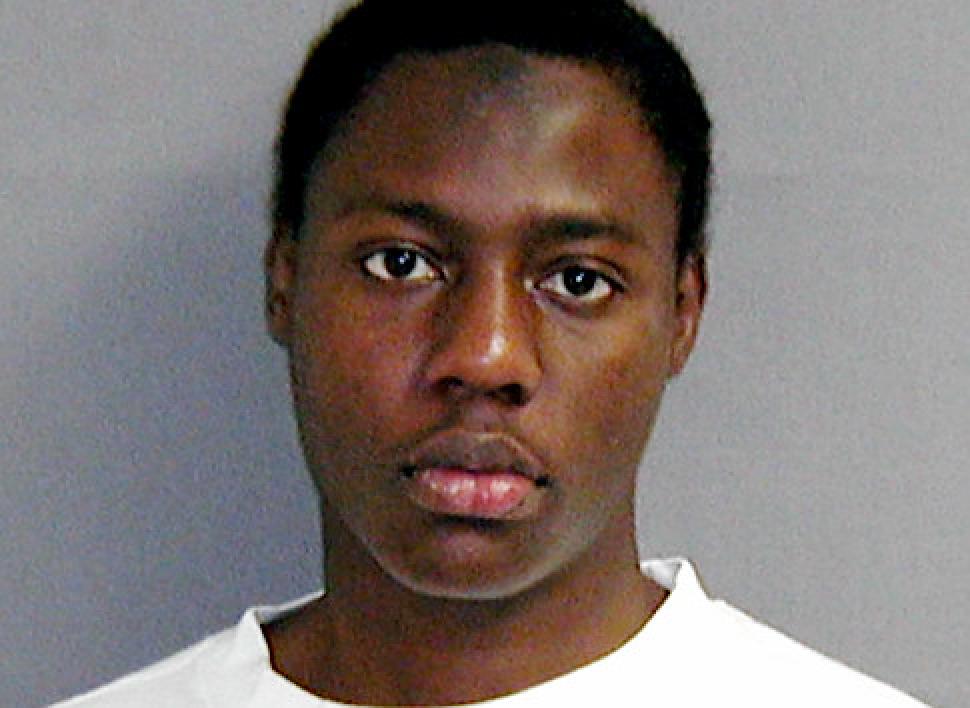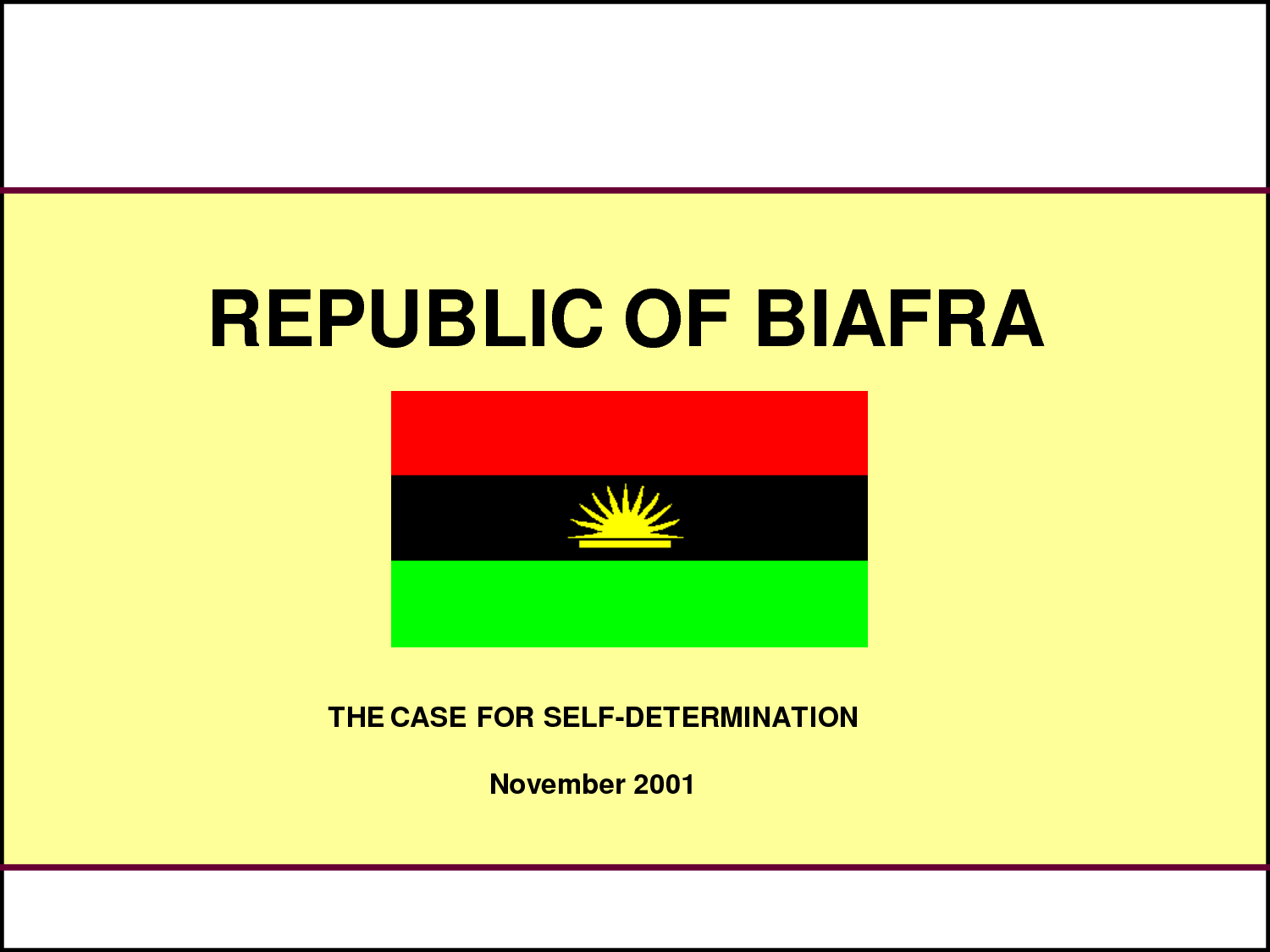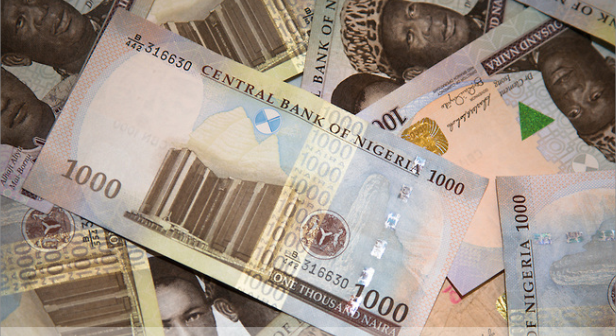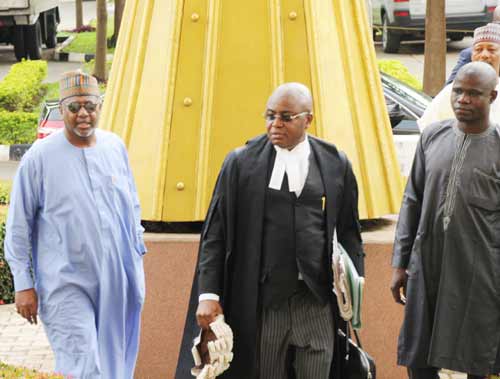The supreme court has scheduled February 5, 2016 for judgment in the appeal of Senate President Bukola Saraki against the Code of Conduct Tribunal (CCT).
Mahmud Mohammed, chief justice of Nigeria, who led a panel of seven judges, announced the date after hearing the brief of the counsels to the plaintiff and the respondent.
Making his argument, Joseph Daodu, Saraki’s lawyer, pegged his brief on three points.
He argued that the CCT in its trial of the senate president was not properly constituted, and that the tribunal was not a court of competent criminal jurisdiction.
Advertisement
“The CCT is just a disciplinary panel for public officers,” he said.
He also argued that the case against his client was not properly initiated owing to the absence of an attorney-general at the time.
But Rotimi Jacobs, counsel to the CCT, urged the apex court to dismiss the appeal of the senate president for lack of merit.
Advertisement
He argued that tribunal was properly constituted, as only two members were required to form a quorum to sit in judgment on a case.
He further argued that in the absence of the attorney-general of the federation an officer in his office could initiate criminal proceedings against anyone as was in the case against the senate president.
On November 12, the apex court had asked the CCT to stay proceedings in the trial of Saraki pending the determination of the appeal before it.
In October, Saraki had approached the appeal court, asking it to quash his trial at the CCT.
Advertisement
His request was also grounded in the argument that the CCT was not properly constituted, and that the tribunal lacked the power to try criminal matters.
But on October 30, the appeal court dismissed the argument of Saraki that the CCT was not a court of competent jurisdiction to handle the criminal charges preferred against him.
“The CCT is a court of criminal jurisdiction, albeit limited jurisdiction,” the court had stated.
“The immediate question is whether it is a court or not. There is no inherent difference between a court and a tribunal. The only difference is that tribunals in most cases handle special cases.
Advertisement
“The tribunal has power to impose sanctions according to the law. It is a court with specific criminal jurisdiction.”
On November 5, Saraki’s lawyers walked out of the CCT courtroom after the tribunal ruled that the trial must continue despite the pending appeal at the supreme court.
Advertisement
Add a comment

